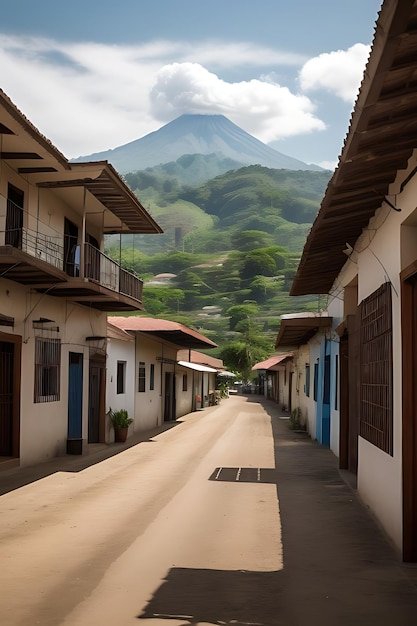
When I was in high school, it was a given that I would go to college. I always did well in school, but I wasn’t really passionate about any one subject. I liked languages the most because it felt like a mini escape from the classroom. On the other hand, subjects like math, literature, and history really bored me.
So, when it was time to choose a major for college, I decided on economics. In France, it’s considered a middle-of-the-road choice—not as ambitious as med school or law school, but not as artsy as philosophy, which would have worried my parents. My dad had lost his job the year before, so his reduced income meant I qualified for the highest state scholarship.
This scholarship covered my tuition, and I received about $400 per month to live on. While this wasn’t a lot, my rent at the university dorm was only $150, leaving some money for food and leisure. Despite living 800 miles away from my family, I managed to visit them often. I passed my first year of college not out of love for the subject but because I didn’t want to waste time or have to work extra hard later. That summer, I applied to Sorbonne University in Paris and got accepted for my second year.
I also started working at McDonald’s in Paris. Surprisingly, I enjoyed it immensely. We had a great team of students, and our boss often took us out for drinks or paintball. I knew living in Paris would be more expensive in my second year, so I kept the job and still managed to get the scholarship for tuition, which was only about $1,000 per year.
At first, I stayed in a very small room on the 6th floor without an elevator or a shower, which my grandparents offered for free while I looked for an apartment. It was far from the university and my job at McDonald’s, and I had to shower at my parents’ places, which was inconvenient. But university accommodations were way out of my budget.
Eventually, I rented a small studio for about $500 a month, which had a shower and kitchen—a real luxury compared to my previous living situation. Being independent at 17 with a bit of extra income felt amazing.
I spent my third year at the Sorbonne and earned a Bachelor’s degree in Economics. During that year, I moved from McDonald’s to Haagen Dazs, scooping ice cream on the Champs Elysées. I also worked at Disneyland, tried telemarketing, and did various other jobs. It was a hectic year, often finishing shifts at 2 am and then heading to class at 8 am.
I was close to burning out and started looking for grad school options. I considered going to business school, which required passing a tough exam but promised a more relaxed experience as a student. There was also an option to find a sponsoring company that would pay for the master’s program and allow me to work three days a week while attending classes the other two days, leaving weekends free. The idea of having weekends off again motivated me, and I set up a study plan.
For my last two years as a student, I worked around 35 hours a week, including classes, at a major company that paid for my $12,000-per-year master’s in business. This was a lot of money considering the subsidized tuition I was used to. In my class, many students had taken on debt to finance their education, but I was fortunate to have my tuition covered and received a $1,200 monthly stipend. This allowed me to live much better than in my earlier years, though I still maintained a student lifestyle—hosting dinner parties instead of eating out, finding cheap or free activities, and traveling on a budget.
After finishing my studies, I had saved about $30,000. I decided I had earned a break and wanted to travel for a year. I invested $25,000 of my savings in a flat that generated $300 in rental income and planned to live off my savings.
I know how lucky I was, especially when I compare my situation to students in the US who graduate with massive debt. If higher education hadn’t been affordable, I might have skipped college and worked my way up in a job instead. I continued my education because it was free and valuable to me, but I struggle to see the value in a degree that costs $150,000.









